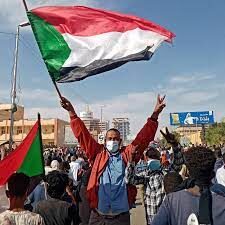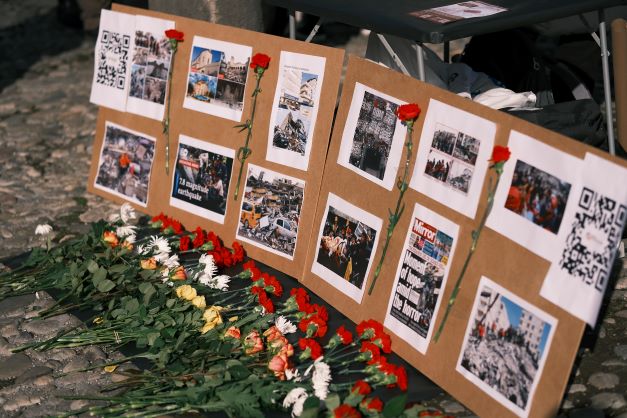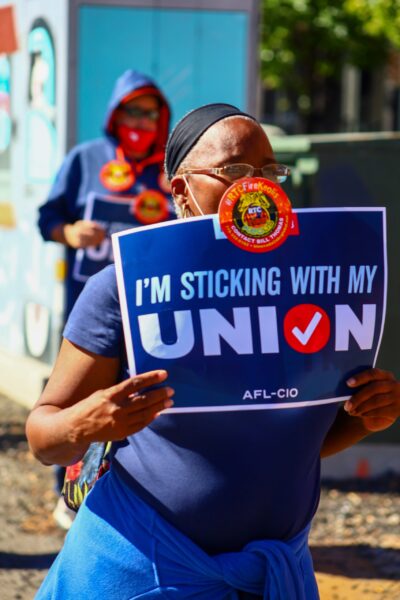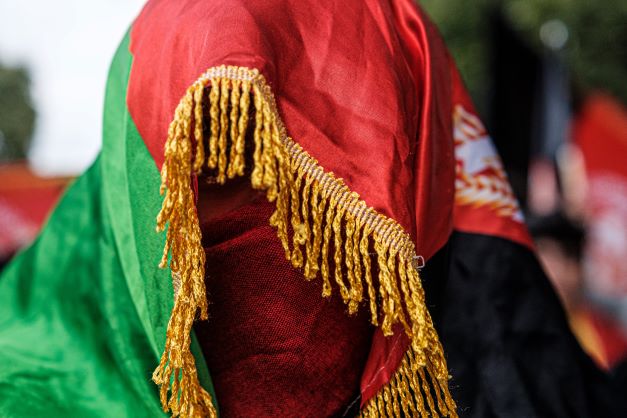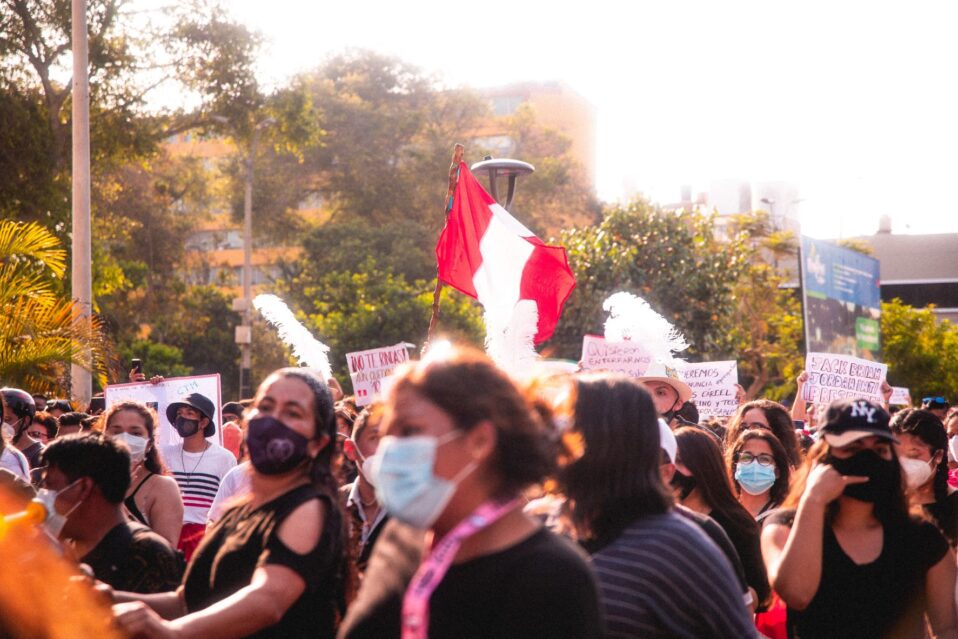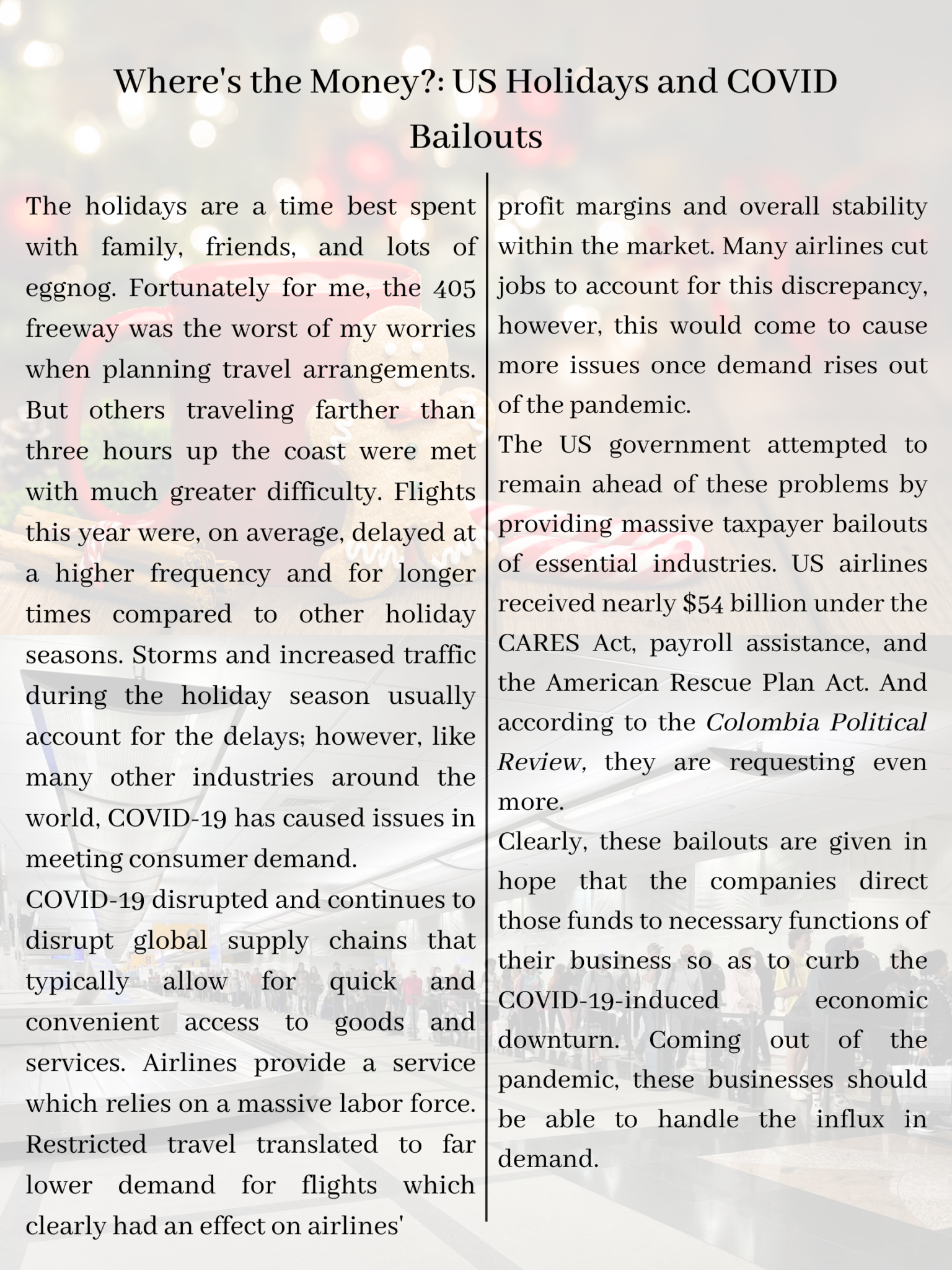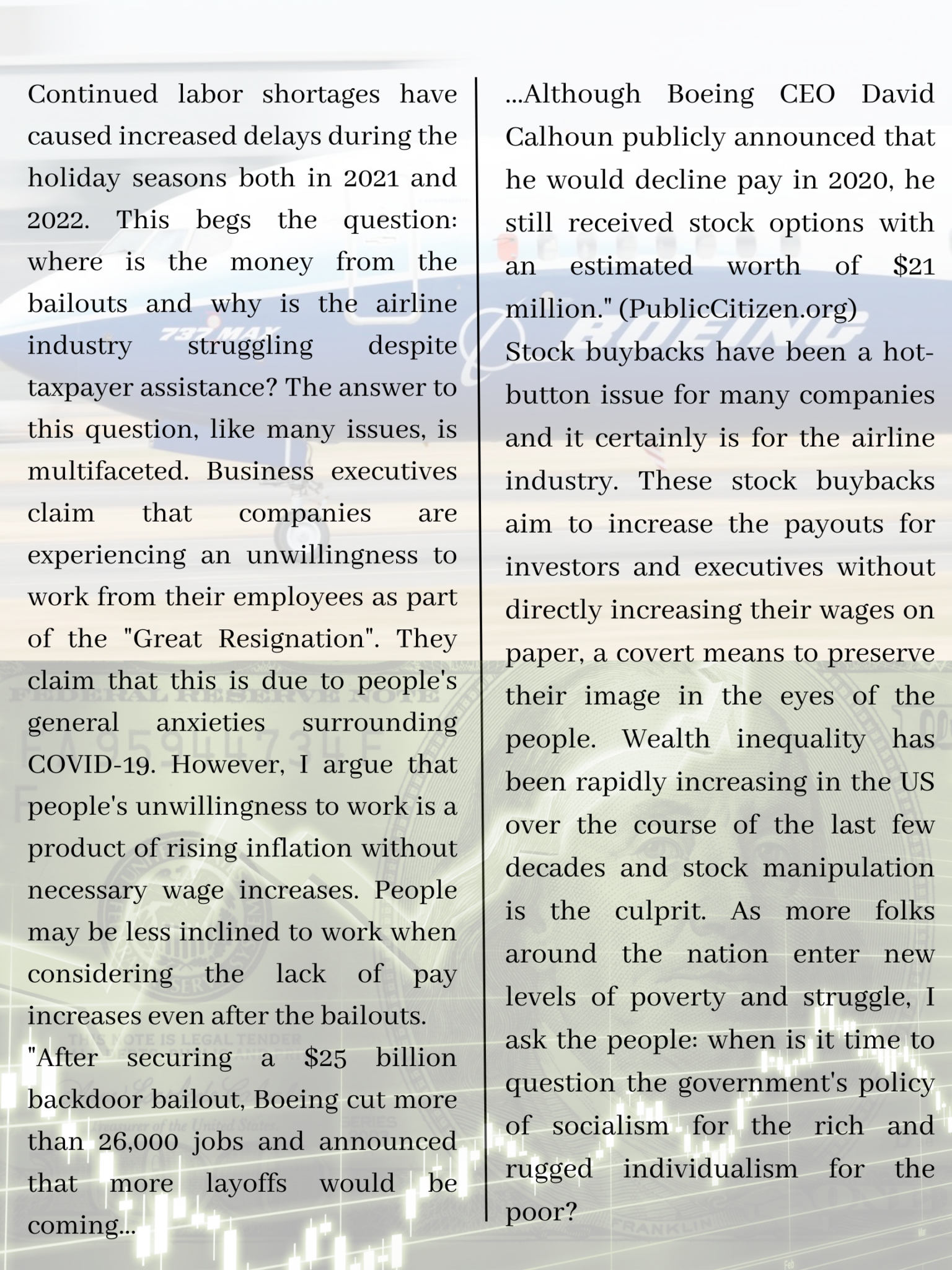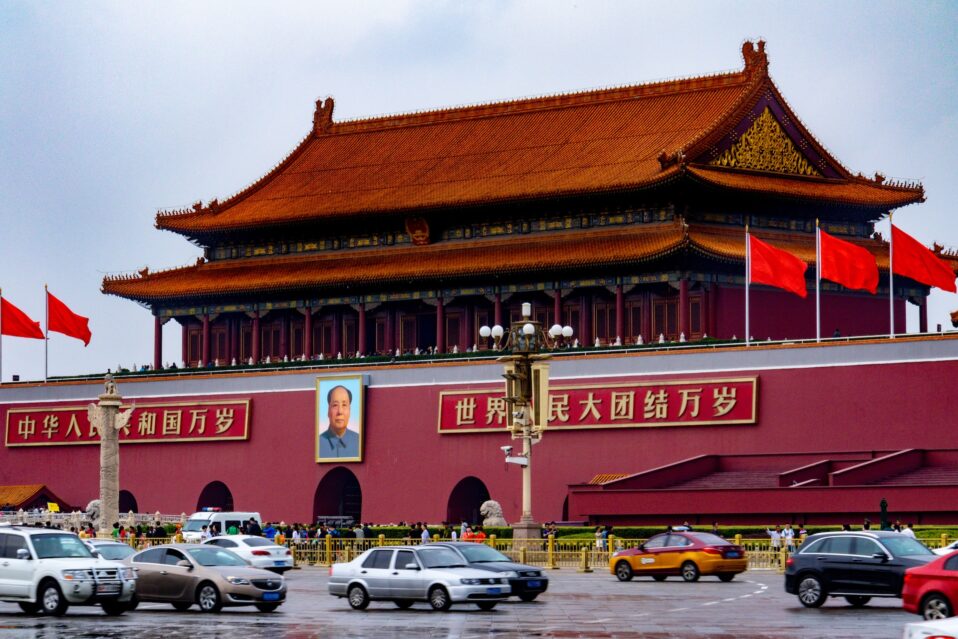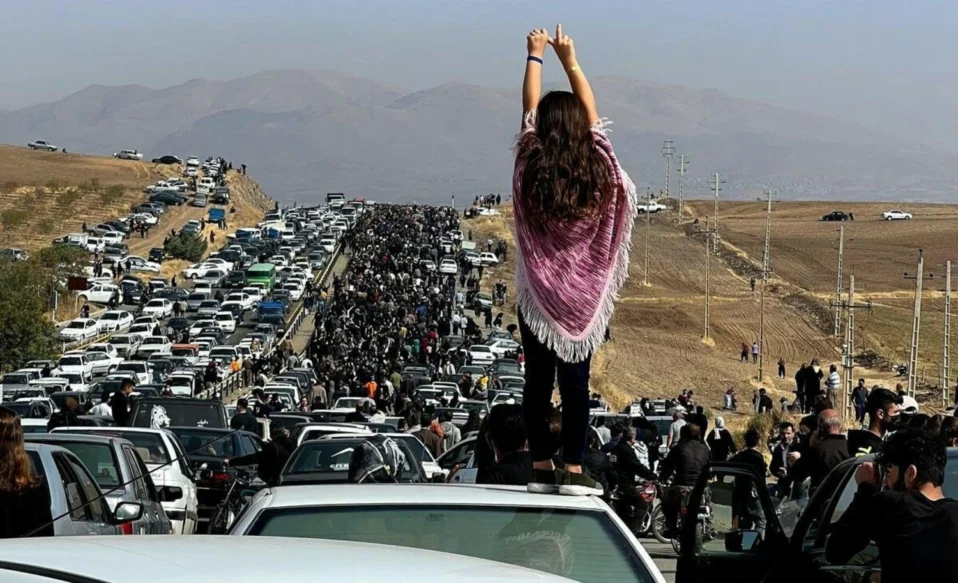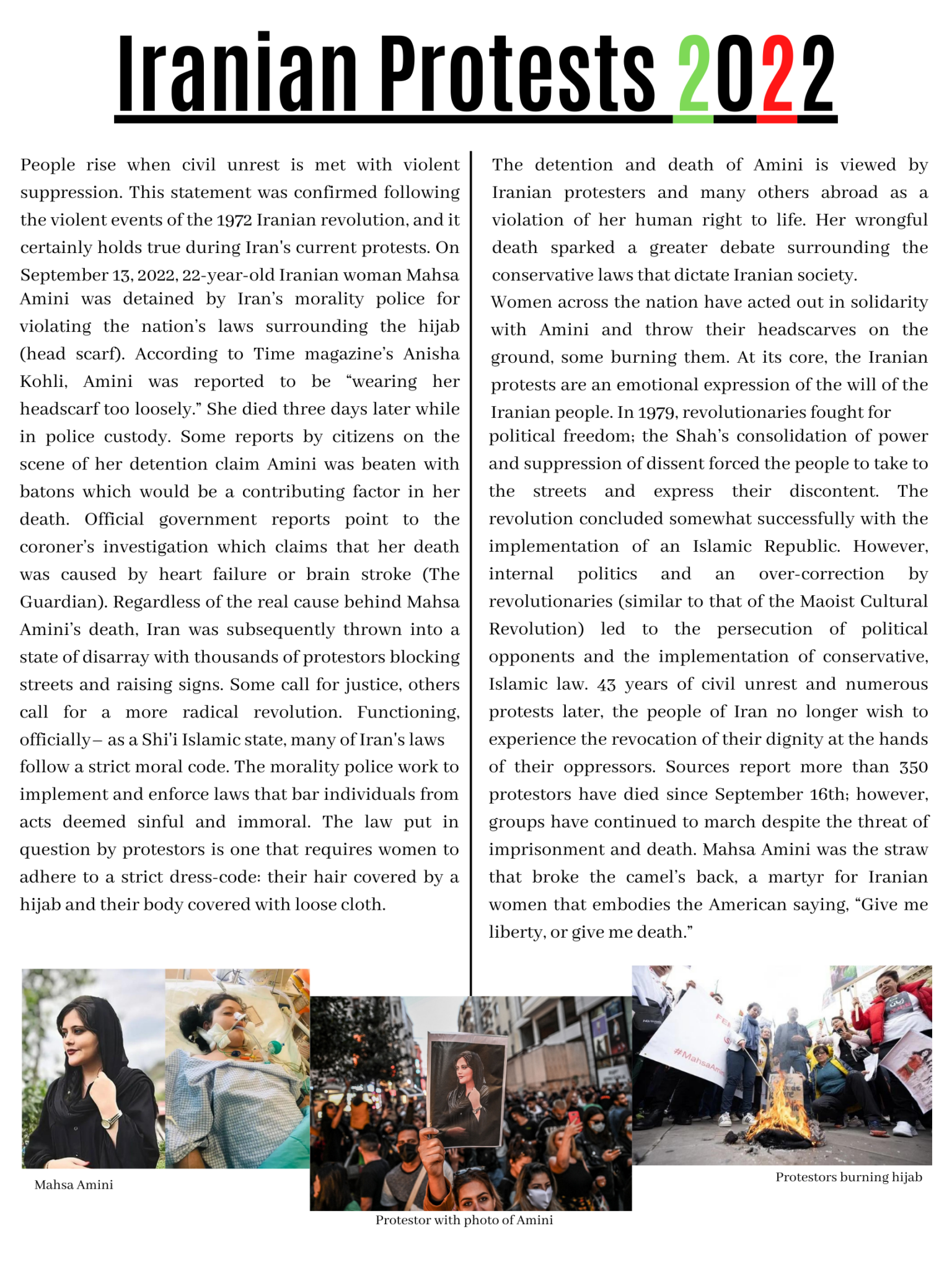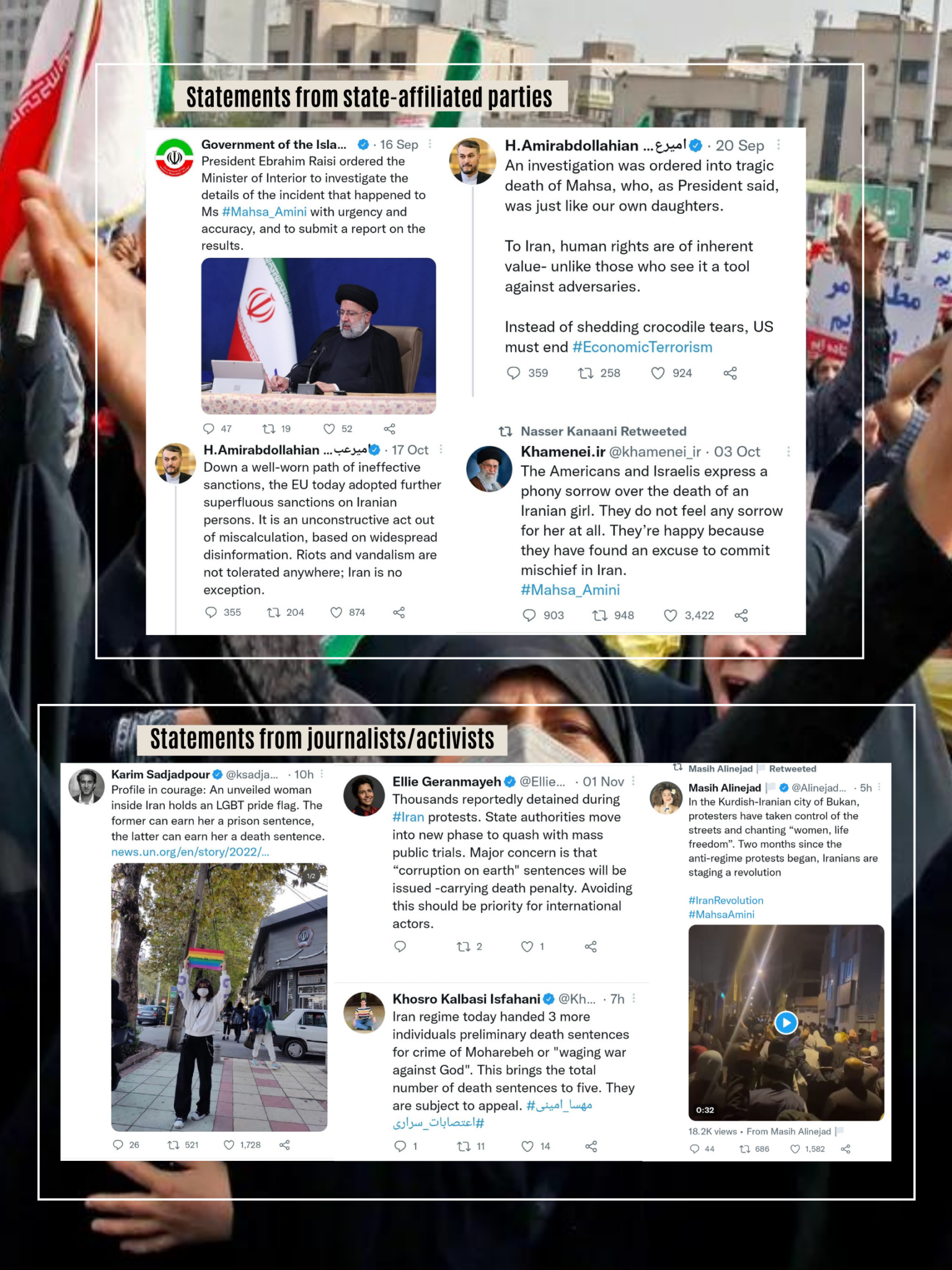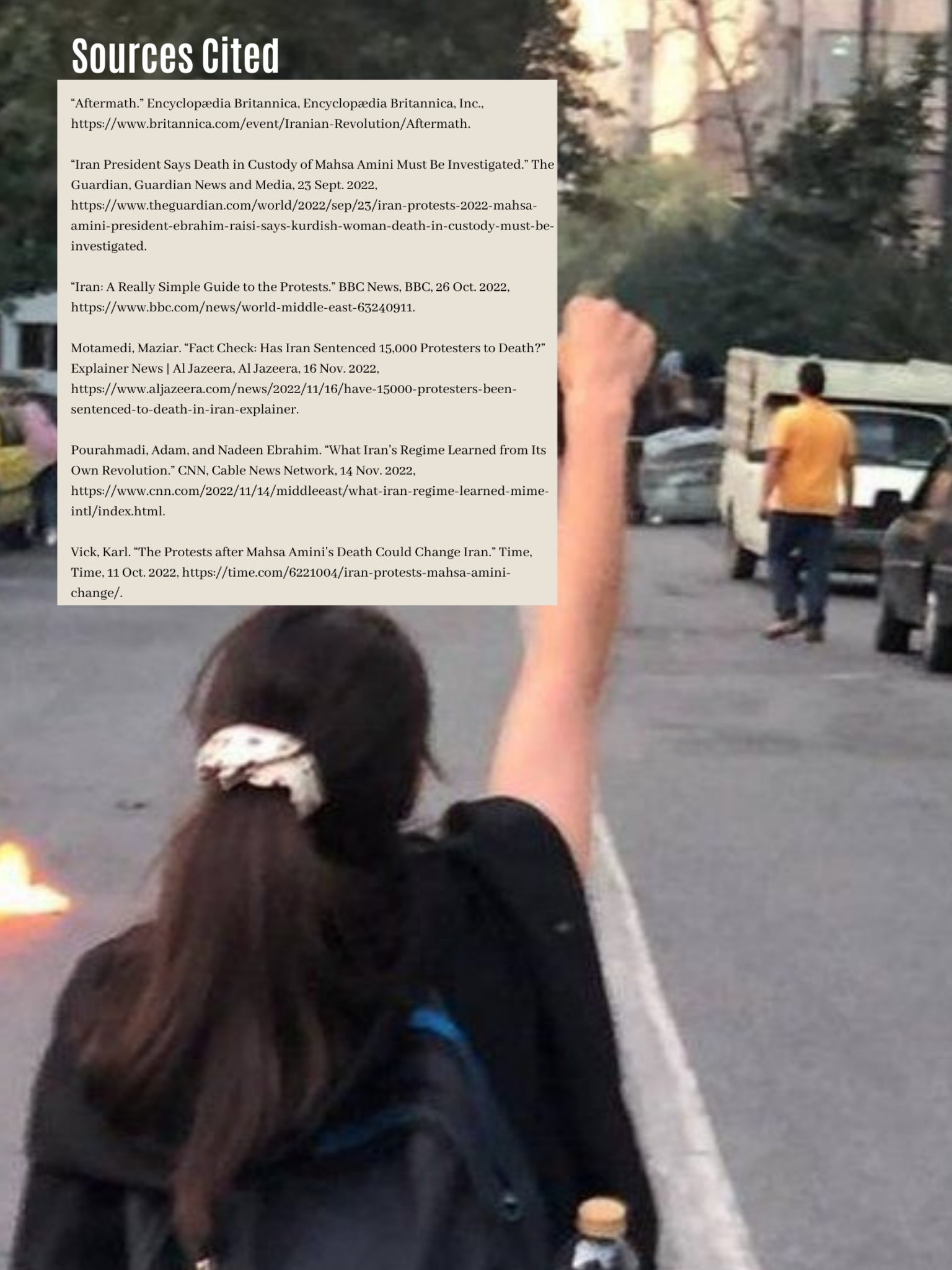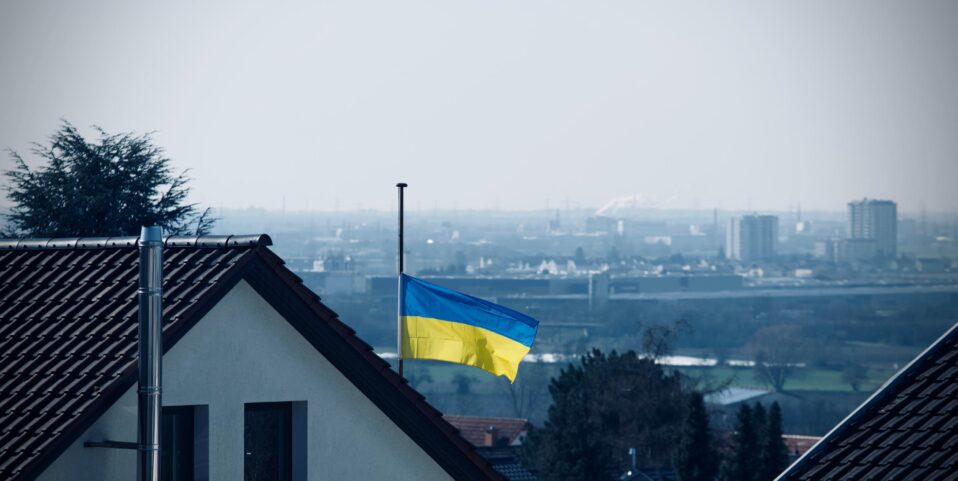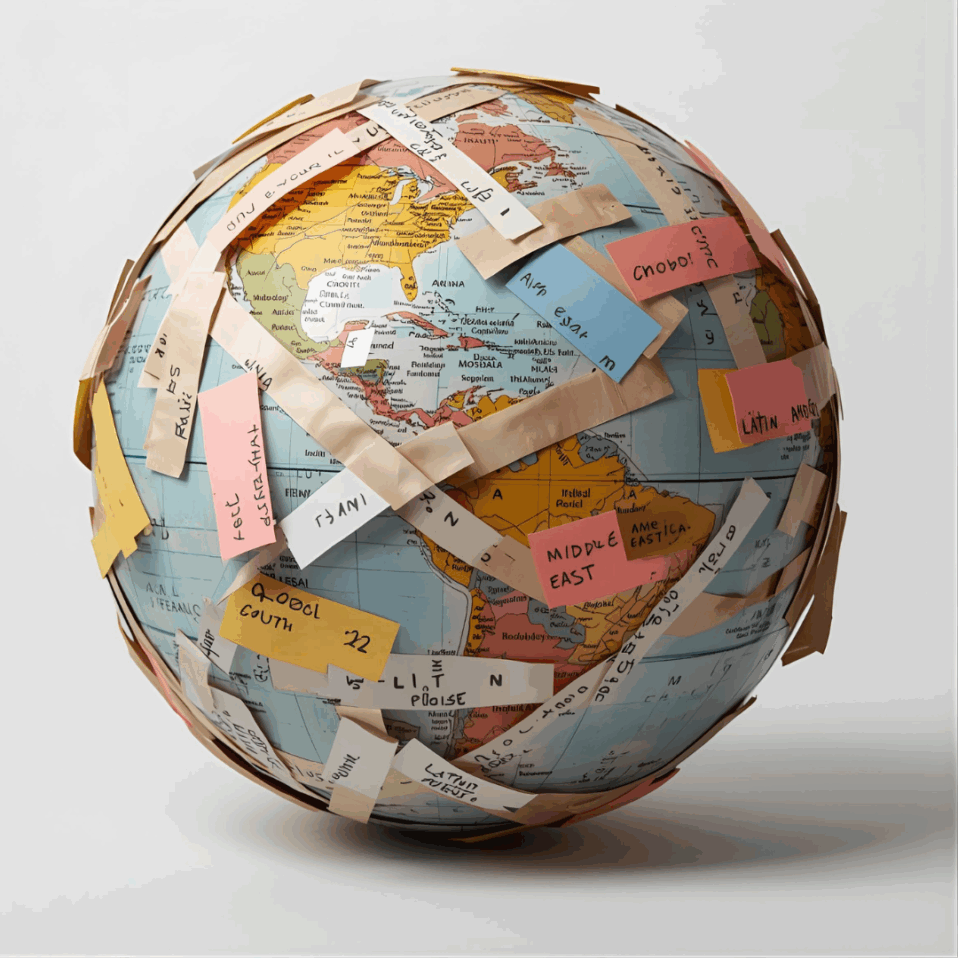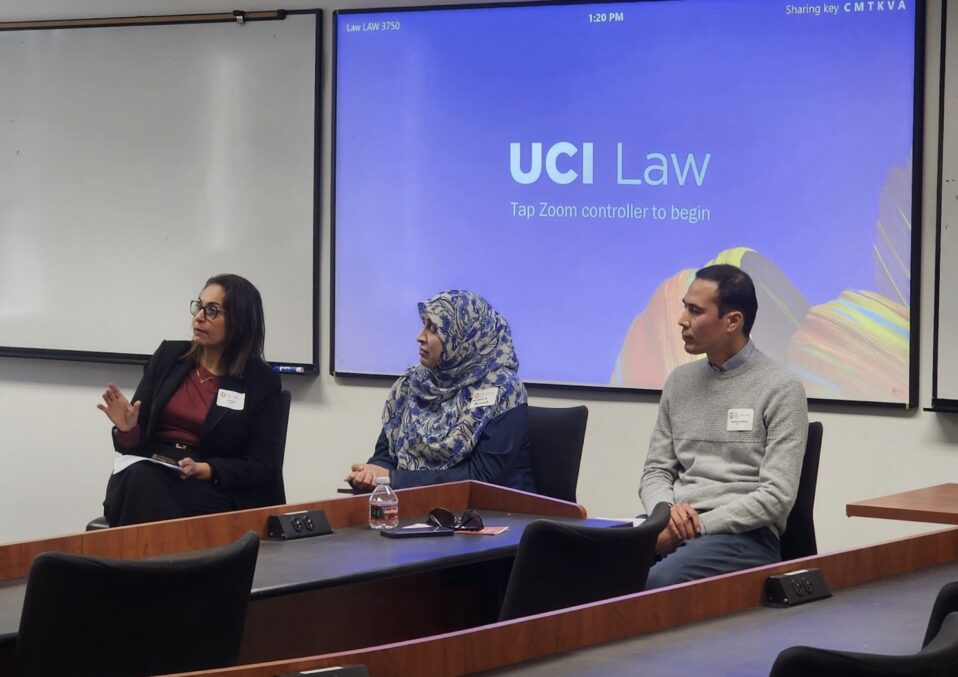On December 7th, 2022, Pedro Castillo, the disputed President of Peru, attempted to dissolve the nation’s Congress, placing a national curfew in effect. In light of a weak presidency, marred by the looming threat of the right-wing legislature in his opposition, threats of a censure for “moral incapacity” were met with one of the largest political disruptions in Peru’s recent history. Quick to respond, the Peruvian Congress quickly voted to remove the President from office, basing their decision on “moral incapacity”, and very soon, panic took hold in Lima, the nation’s capital.
Protests quickly erupted in Lima, where panicked citizens rushed to hoard food and basic supplies, fearing an escalation of events. Castillo’s supporters took to the streets, spurring on violent clashes between protesters and the police, particularly in the capital, Lima, and in the south of the country. The state has responded to the protests with a major crackdown on civil and political rights. To date, at least 58 civilians are confirmed to have been killed, including 10 in a single massacre in the central city of Ayacucho and another 18 in a massacre in the southern city of Juliaca. The National Association of Journalists in Peru has indicated that 21 national journalists have been “victims of aggression or censorship”, signaling the biggest crackdown on media censorship in the country in the last 20 years. The social breakdown in Peru in the last month has been characteristic of the relative political instability the country has suffered since the fall of the military dictatorship in 1980, even as the country has made significant economic gains.
These political crackdowns, taking place heavily in areas with majority indigenous or Quechua speaking populations, call into question the use of extensive force by Peruvian authorities. Reports of officers in civilian clothes, arresting those participating in peaceful demonstrations have sparked dialogue regarding the brutalization and stigmatization of indigenous peoples in a country where about one in four are indigenous or Quechua speaking. The heavy stigmatization of indigenous in Peru has contributed to the overall brutalization of this sector of society. Indigenous Peruvians have been shown to have been disproportionately arrested, monitored, and killed by police violence in the last months. At this time, the protests seem to have no end in sight with the current political establishment still vying for the support of the masses, still, the larger questions brought on by this uprising will persist far beyond their conclusion.
Written by Andrew Martin, Research & Development Intern

